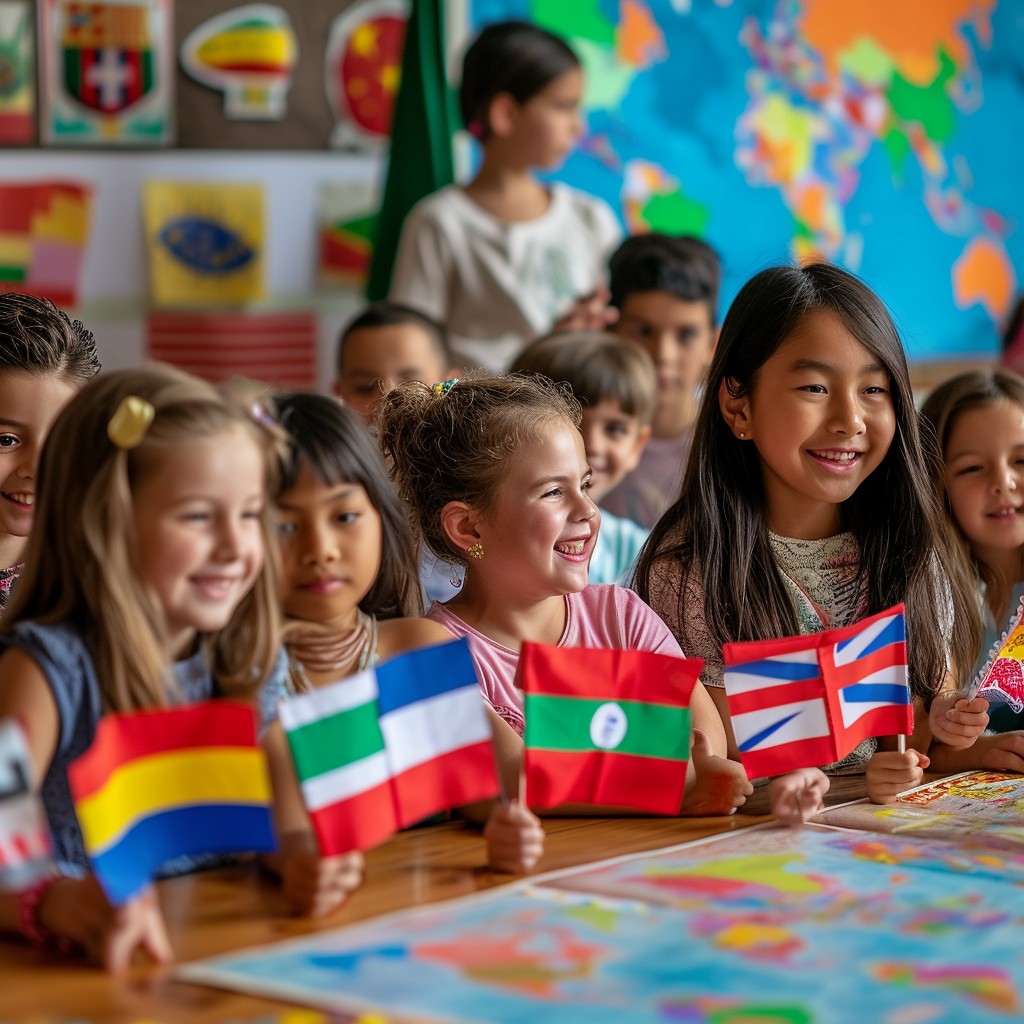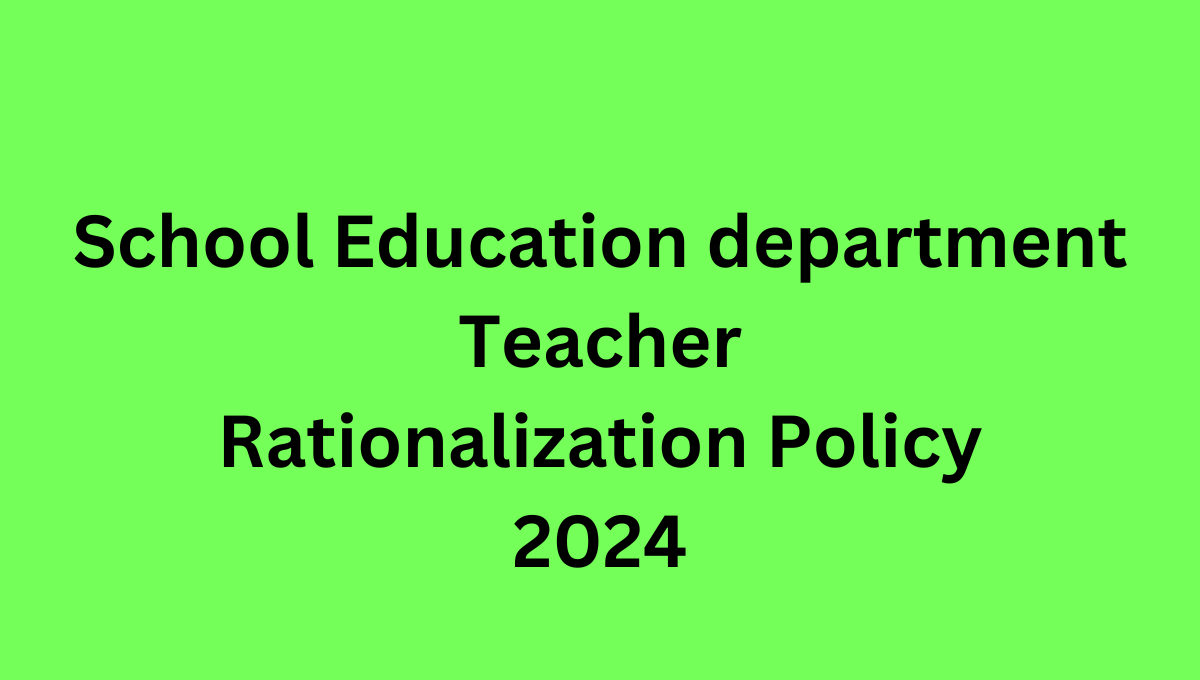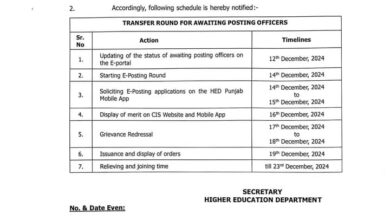Global Citizenship Education: Raising Responsible Global Citizens
Contents
- 1 Global Citizenship Education: Raising Responsible Global Citizens
- 1.1 Introduction
- 1.2 Key Components of Global Citizenship Education
- 1.3 Benefits of Global Citizenship Education
- 1.4 Implementation of Global Citizenship Education
- 1.5 Challenges and Opportunities
- 1.6 Table: Core Competencies of Global Citizens
- 1.7 Frequently Asked Questions About Global Citizenship Education
- 1.8 Result
Global Citizenship Education: Raising Responsible Global Citizens
Introduction
Global Citizenship Education (GCED) is a transformative approach to learning that empowers individuals to understand and respond to global challenges. It fosters a sense of belonging to a global community, promoting respect, tolerance and empathy. By developing critical thinking, problem-solving, and communication skills, GCED prepares learners to become active participants in creating a more just, peaceful, and sustainable world.
Key Components of Global Citizenship Education

- Global Awareness: Understanding the interconnectedness of the world, including global issues, cultures and perspectives.
- Global Competence: Develop skills such as critical thinking, problem solving, communication and collaboration to address global challenges.
- Global Values: Adopting values like human rights, equality, justice and sustainability.
- Active participation: Joining local and global initiatives to contribute to positive change.
Benefits of Global Citizenship Education
- Promotes intercultural understanding: Promotes respect and appreciation for diverse cultures and perspectives.
- Promotes critical thinking: Enables individuals to analyze complex global issues and make informed decisions.
- Encourages civic engagement: Encourages active participation in community and global affairs.
- Promotes empathy and compassion: Develops a sense of responsibility towards others and the planet.
Implementation of Global Citizenship Education
- Integration of Curriculum: Incorporate global perspectives and issues across disciplines.
- Experiential Learning: Organize field trips, simulations, and community projects to enhance learning.
- Technology Integration: Use digital tools to connect learners to global communities and access information.
- Teacher Training: Equip teachers with the knowledge and skills to deliver effective GCED programmes.
Challenges and Opportunities
- Lack of Awareness: Many people are unaware of the concept of GCED.
- Limited resources: Insufficient funding and support for GCED initiatives.
- Evaluation Challenges: Measuring the impact of GCED can be complex.
- Global collaboration: Strengthening partnerships among countries to promote GCED.
- Digital Divide: Bridging disparities in access to technology and information.
Table: Core Competencies of Global Citizens

| Ability Description |
|—|—|
| Critical thinking Analyzing information, questioning assumptions, and making informed decisions. |
| Communication | Express ideas effectively, listen actively, and engage in dialogue. |
| Cooperation | Working cooperatively with others to achieve common goals. |
| Creativity Generating new ideas and innovative solutions to problems. |
| Sympathy Understanding and sharing the emotions of others. |
Frequently Asked Questions About Global Citizenship Education
What is the difference between global citizenship and nationalism?
- Global citizenship emphasizes responsibility toward shared humanity and the planet, while nationalism often prioritizes the interests of one’s own nation.
*How can I become a global citizen? - Start by learning about global issues, engaging in community service, and building relationships with people from different cultures.
* Is GCED relevant to all students? - Yes, GCED is essential to develop the skills and values needed to thrive in an interconnected world.
Result

Global citizenship education is critical to preparing young people to become responsible and engaged members of the global community. By fostering intercultural understanding, critical thinking, and a sense of responsibility, GCED empowers individuals to contribute to a more just, peaceful, and sustainable world. It is important for governments, schools and communities to prioritize GCED and work together to create a global culture of empathy and cooperation.
Would you like to focus on a particular aspect of global citizenship education, such as its role in addressing climate change or promoting human rights?






